The New Diet Coke Ad: Is aspartame safe? A nutritionist’s point of view.

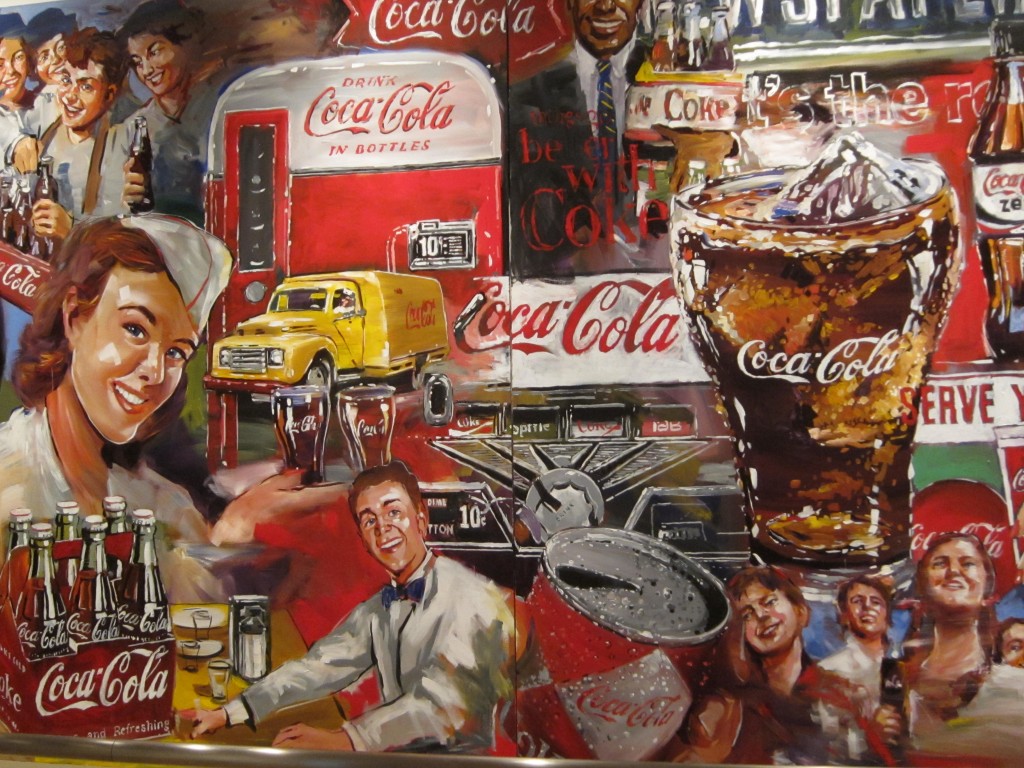
This is a snapshot I took while visiting the World of Coca-Cola in Atlanta.
The saga continues. This morning I appeared on CBS 5 in Phoenix to discuss the Coca-Cola company’s new ad defending their products, namely Diet Coke containing aspartame. With Diet Coke sales dropping by 3% last year (Beverage News), placing the ad is a strategy to win back market share.
CBS 5 – KPHO
Here are some things that you may want to know:
Does aspartame cause cancer?
I don’t think anyone really knows the answer.
The FDA ruled that aspartame is safe for human consumption in reasonable quantities in certain foods and beverages. Or rather, that no credible evidence exists to prove that it causes cancer in humans. The health advocacy group the Center for Science in the Public Interest (which has no ties to the food industry) recommends that more studies be done. Their skepticism about aspartame safety is largely based on three Italian studies which demonstrated that aspartame caused tumors and cancers in rats and mice. However, these studies have been disregarded by the FDA. Instead the FDA is mostly relying on a large independent epidemiological (meaning correlational, not cause and effect) study which concluded that aspartame consumption was not linked to cancer. The study spanned 5 years and included participants mostly between the ages of 50-70 years old. Aspartame didn’t even hit the market until the 1980s, so the study doesn’t properly account for aspartame in utero or in children.
My bottom line: More non-industry sponsored studies should be done to determine whether or not aspartame consumed over a lifetime causes cancer in humans.
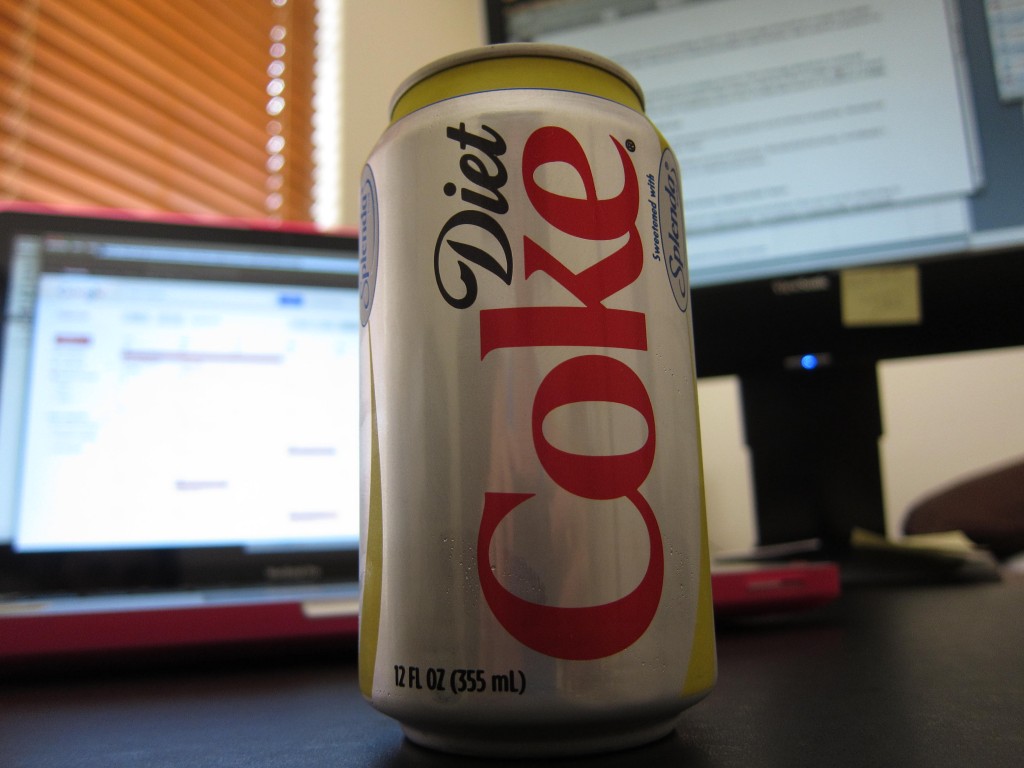
Do nutritionists consume aspartame?
I keep my aspartame consumption to a minimum, my only source being (surprise!) a Diet Coke when away from home–maybe about one per month. If a Diet Coke sounds tempting, I opt for an unsweetened iced tea with a tiny splash of something sweet. When it comes to other sweets, I go for the real deal: sugar in some shape or form and in very moderate amounts.
At home, I buy Diet Coke with Splenda (pretty much believed to be safe) and a bit of acesulfame potassium (but yikes, this one’s controversial, too). My husband and I enjoy a can or two per week. Less since I am now pregnant, and I don’t finish the can. I’ve also been acquiring a taste for Zevia, a diet cola sweetened with stevia and erythritol.
Sweeteners aside, soda contains phosphoric acid, which is highly acidic and can erode tooth enamel.
Is aspartame safe for kids?
According to the FDA, aspartame is safe for kids. I do not believe that artificial sweeteners have any place in kids’ diets. My daughter has never had soda or artificial sweeteners and does not appear curious about trying them. She knows her daily options (the ones she likes) are water, milk, kefir smoothie, and an occasional 100% fruit juice.
Do artificial sweeteners cause you to crave more sweet foods?
Again, there’s controversy here. Increasing evidence shows that artificial sweeteners only partially activate the food reward pathways the same as natural sweeteners. Thus, food and drink containing artificial sweeteners may be perceived as less satisfying, leaving one to seek out other compensatory calories later.
Further, human studies have demonstrated that the taste buds eventually adjust to a reduced intake of fat and sodium, leading to a preference for lower levels of these nutrients. If you’ve ever reduced your fat or sodium intake, you’ve likely experienced this phenomenon. Might the same apply to sweeteners?
My bottom line: Until we know more, it would be wise for consumers to gradually decrease intake of both caloric and non-caloric sweeteners, with the goal to derive similar satisfaction from less sweet foods. Since these sweeteners provide no nutritional benefits, nothing is lost by excluding them from the diet.
What you can do until more is known?
Choose foods and beverages with the least amounts of sweeteners. Rather than making dramatic dietary changes to reduce sugar intake, work gradually by learning to enjoy less-sweet foods and drinks and more whole fruits with no sugar added. Keep tempting highly sweetened foods out of sight, out of mind.
While an occasional can of soda is unlikely to harm most individuals, choose mostly water, some low-fat milk, and if you desire, moderate amounts of unsweetened tea, coffee, 100% fruit juice and plain coconut water. That’s what I drink. What do you drink?
Disclosure: Zevia sent me free samples to try. This post contains an Amazon Affiliate link.
You might also enjoy:
From the American Cancer Society: Their thoughts about aspartame
A Nutritionist’s Point of View: World of Coca-Cola Tour
Virgin Hibiscus Raspberry “Sangria” with Orange & Mint
Fresh Strawberry Coconut Water Cooler

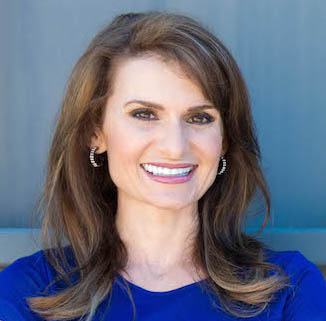 I'm a chef nutritionist, not the food police. I eat cookies but make sure to eat my broccoli too.
I'm a chef nutritionist, not the food police. I eat cookies but make sure to eat my broccoli too.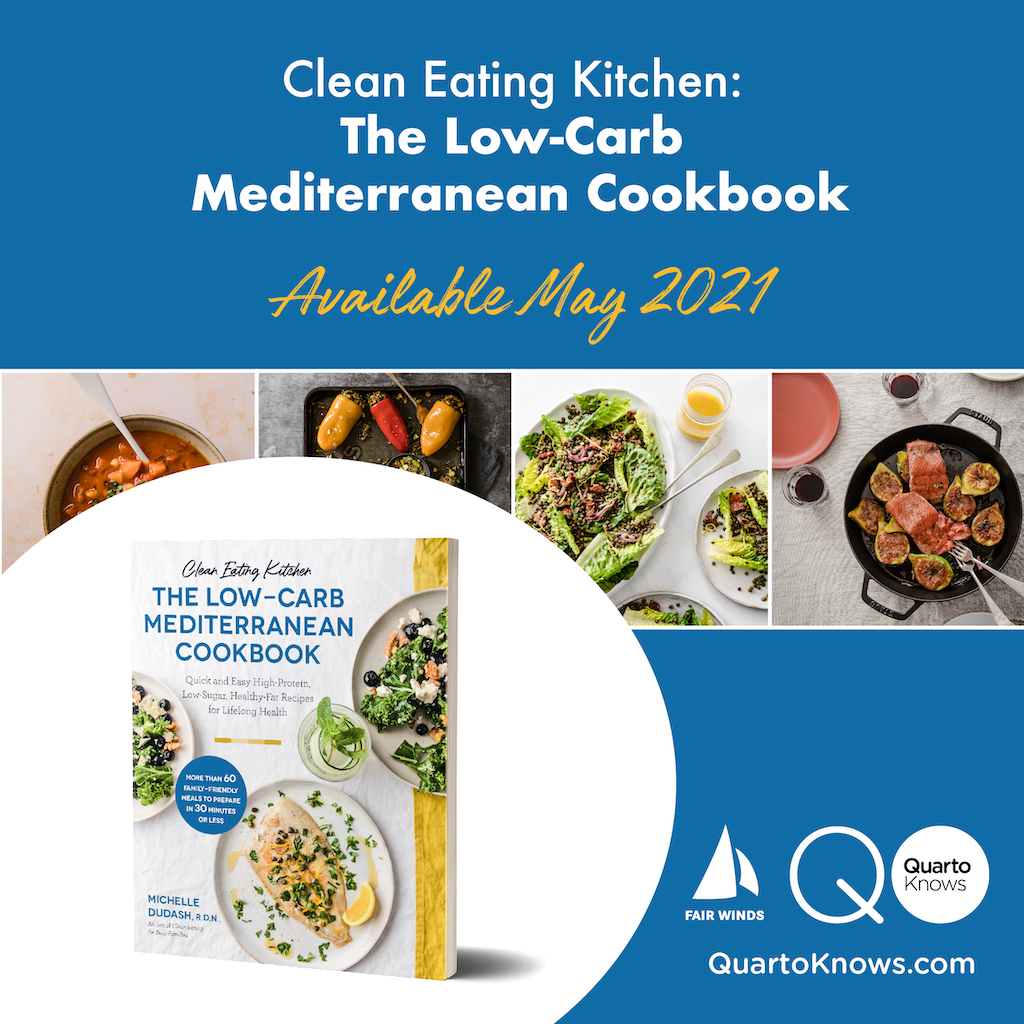
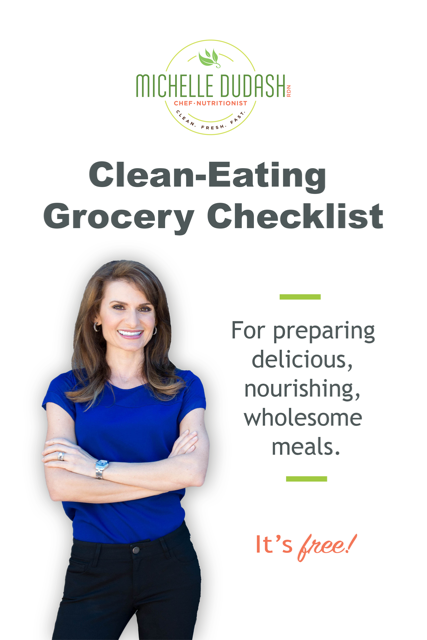

Hi Michelle,
Congratulations on your pregnancy! Very exciting!
A friend of mine was coordinating a conference for neurologists at a local university recently. She noticed that when she would go to refill the coffee supplies through the day, only the sugar needed refilling. The little yellow, blue, and pink packets were untouched. To me that is a lot more telling than anything the FDA has ever published on the topic.
Hi Melanie,
Oh, that is fascinating! I wonder what they are reading. Maybe I will dig a little deeper in that space. I use real sugar in my coffee, too. Nice to hear from you.
Michelle